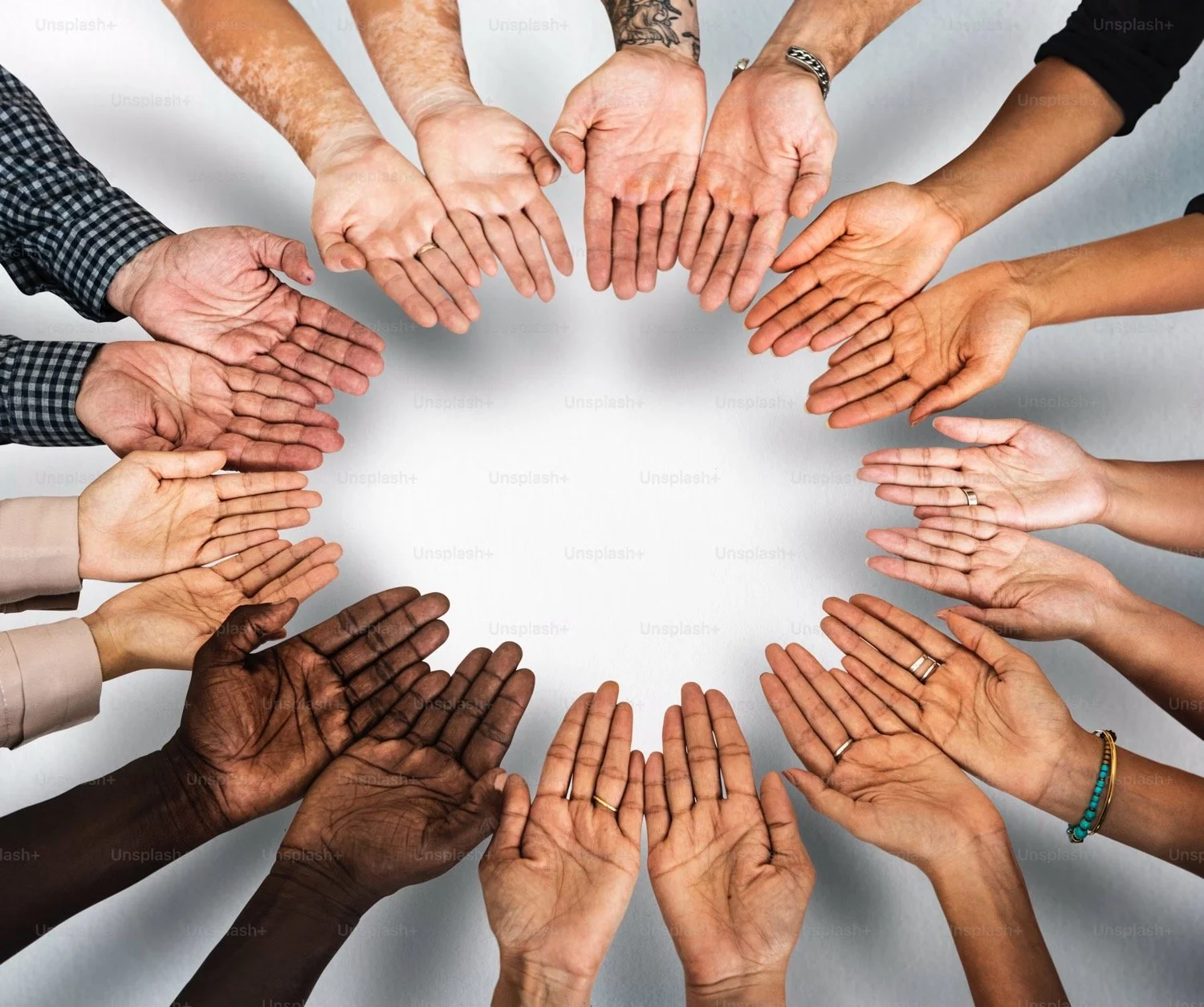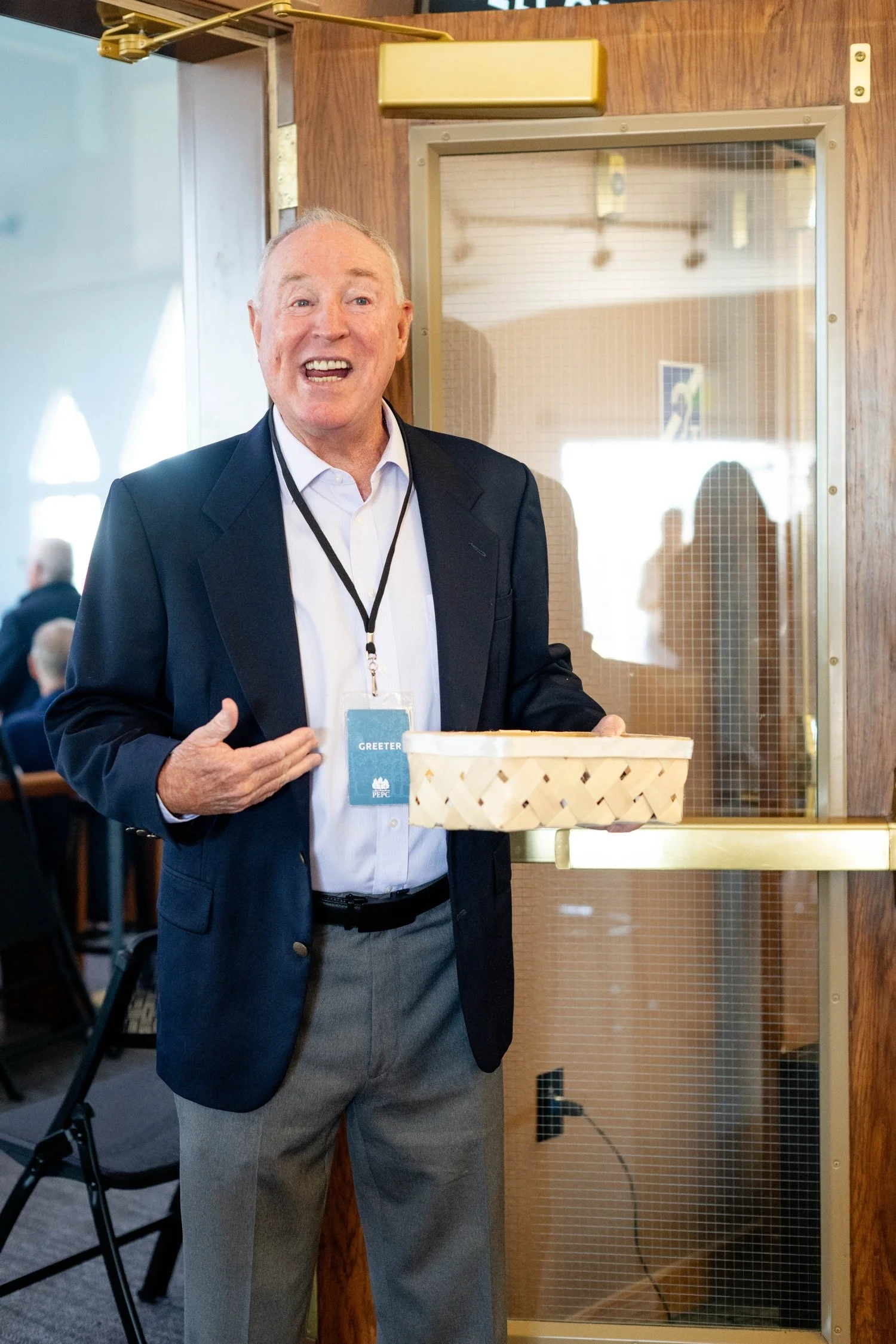Readings for today: Genesis 44-46
What is forgiveness? It’s a question I get a lot along with “how do I forgive?” Some believe forgiving means forgetting. Some believe forgiveness means giving people a pass. Some believe forgiveness is weak and foolish and naive and only enables people to walk all over you. Some believe forgiveness is impossible. Some believe forgiveness means the resolution of all feelings. Some believe forgiveness is the same as reconciliation. None of these is true. Forgiveness, biblically defined, is the decision to let go of all anger and resentment against a person or persons who have hurt you and no longer hold their actions against them. We see this modeled so well in the life of Joseph.
“Then Joseph said to his brothers, “Please, come near me,” and they came near. “I am Joseph, your brother,” he said, “the one you sold into Egypt. And now don’t be grieved or angry with yourselves for selling me here, because God sent me ahead of you to preserve life. For the famine has been in the land these two years, and there will be five more years without plowing or harvesting. God sent me ahead of you to establish you as a remnant within the land and to keep you alive by a great deliverance. Therefore it was not you who sent me here, but God. He has made me a father to Pharaoh, Lord of his entire household, and ruler over all the land of Egypt.” (Genesis 45:4-8 CSB)
Note that Joseph is clear and honest about what happened. “You sold me into slavery in Egypt.” There is no hiding from the truth. There is no attempt to skip over the truth. There is no pretending the truth of what happened has been forgotten. At the same time, Joseph has clearly made the decision to not hold the truth of what happened all those years ago against his brothers. “Do not be grieved or angry with yourselves for selling me here.” Joseph releases them from their guilt. He refuses to hold what happened against them. He had let go of any anger or bitterness years before. And how did Joseph do that? He looked to God. He trusted God’s sovereign plan for his life. He knew God was able to work all things for his good and the good of His people. “God sent me ahead of you to preserve life.” Joseph’s life. The lives of the Egyptians. The lives of Jacob and Joseph’s brothers and the rest of his family. Joseph believed God had a plan. In fact, he saw what happened as the fulfillment of the prophetic dreams he had had years before. He knew God was at work the very first time his brothers showed up. And because of that, he could forgive. He could release his rightful claim to justice and instead offer them grace.
Now let’s get practical. How can you practice forgiveness in your own life? Start with honesty. Start with honestly acknowledging the truth of what happened. Don’t shy away from it. Don’t back down from it. Just don’t hold onto it and allow it to morph into bitterness. Fix your eyes on Jesus. Ask Him to show you how what happened is part of His overall plan for your life. Think about how God revealed Himself to you in the midst of your pain and suffering and heartbreak. Let His Spirit release you from your need for vengeance. Extend grace. Let the other person or persons know you trust God’s plan. You trust what they may have meant for evil, God turned to good. Not just your good but their good as well.
Readings for tomorrow: Genesis 47-50




